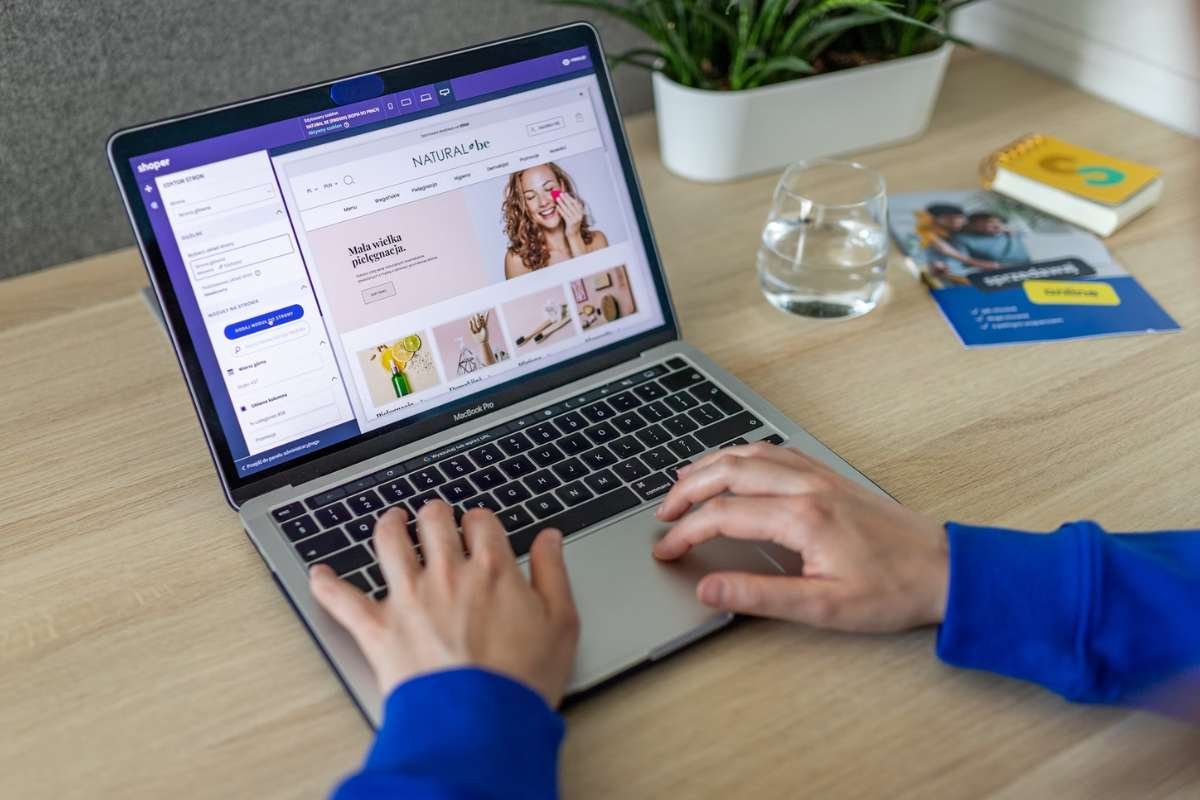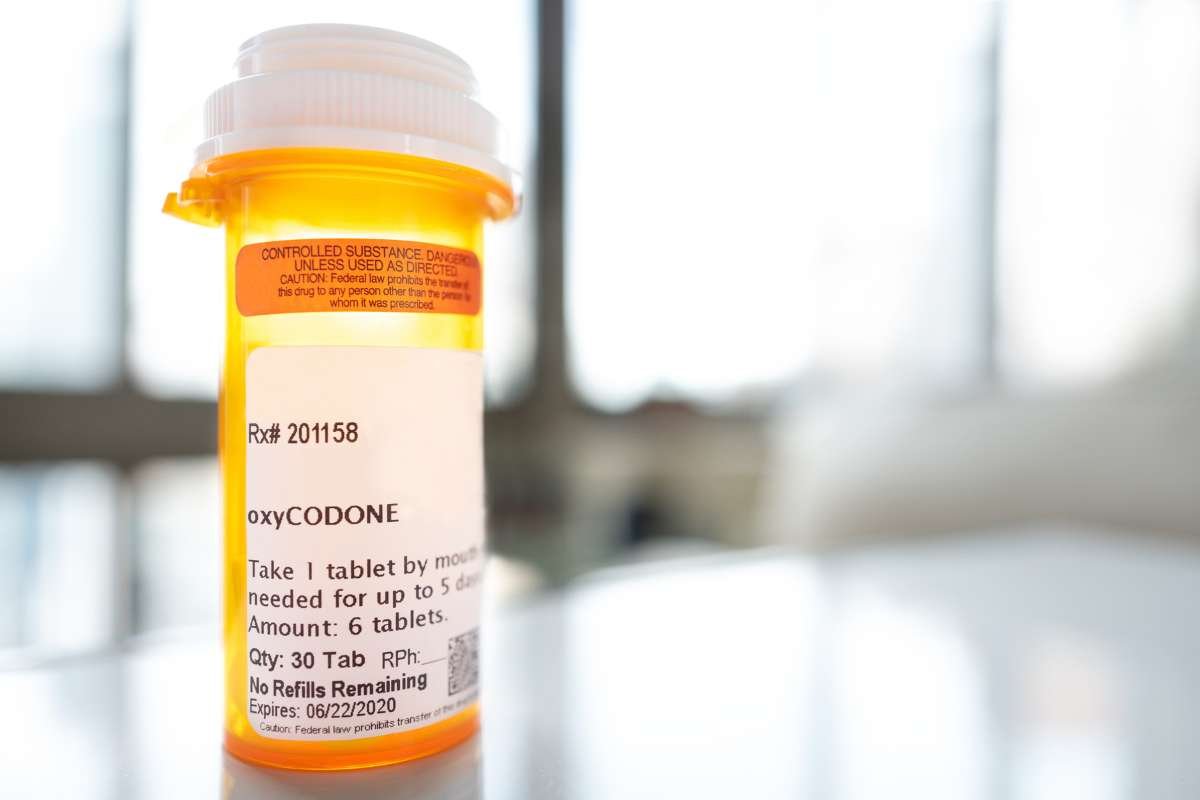If you dream of starting a business that involves alcoholic beverages in any capacity, you are required to obtain the relevant liquor license. You cannot run any alcohol-based business without a license as it is illegal. There are different laws depending on whether you intend to sell or give drinks away for free and laws and requirements for licenses and licensees vary by state.
What is a Liquor License?
In order to sell alcoholic beverages in the United States, you must hold a government-issued liquor license. There are a number of different types of liquor license and the laws governing them differ from state to state.
Every US state has an Alcohol Beverage Control (ABC) Board. This agency regulates the sale of alcohol. They set the laws and also control the issue of licenses so if you want to get a liquor license in New Jersey, you will apply to the New Jersey ABC Board.
Types of Liquor License
Before you apply for a liquor license, you need to know which type is applicable to your business and how you want to sell liquor. On-license and off-license are the two main liquor license types.
On-license –
this enables you to sell liquor on your business premises – for example, a bar or restaurant.
Off-license –
this is for a business to sell liquor that is consumed off the premises – for example, a liquor store or supermarket.
In most states, there is a subset of on-licenses:
Restaurant License – this license enables the sale of but limits the percentage of a restaurant’s total earnings from alcohol. The limit is usually around 40 percent.
Beer & Wine license – limits the premises to the sale of wine and beer only, not any hard liquor
Tavern license – for pubs and bars where more profit comes from alcohol sales than the sale of food.
How to Apply for a Liquor License
To be granted a liquor license, you need to meet specific criteria. The first one is that you need to be at least aged 21 to obtain a license this applies to every US state.
You will also need to present some personal information – the usual identification and social security number.
Then there is the more business-type of info. This depends on what position your business is in – i.e. whether it is a new, proposed business or one that is already up and running. The kinds of information you might need to provide differs by state and the type of license you are applying for and includes items like the following:
- Any other licenses or certificates already obtained
- Certificate of business incorporation
- Partnership agreement
- Company constitution
- Employee Identification Number
- Certificate of title for your premises
- Proposed menu
It may take longer than you think to apply for and be granted a liquor license so ensure you build enough time into your business plan.
A liquor license lasts for one to three years (depending on the state and ABC regulations) but renewal is an easier and faster process than an initial application for a first license. License renewal is cheaper than a first license and can usually be done 90 days before the existing license expires or up to 120 days after expiry.
How Much is a Liquor License
Again, this is variable by state and there can be some significant differences in the cost. Beer and wine licenses may cost as low as $3,000 whereas you might expect to pay anything from $12,000 to $400,000 for a full liquor license.
For a liquor license, you need to have the relevant information, allow sufficient time and budget for the cost.





